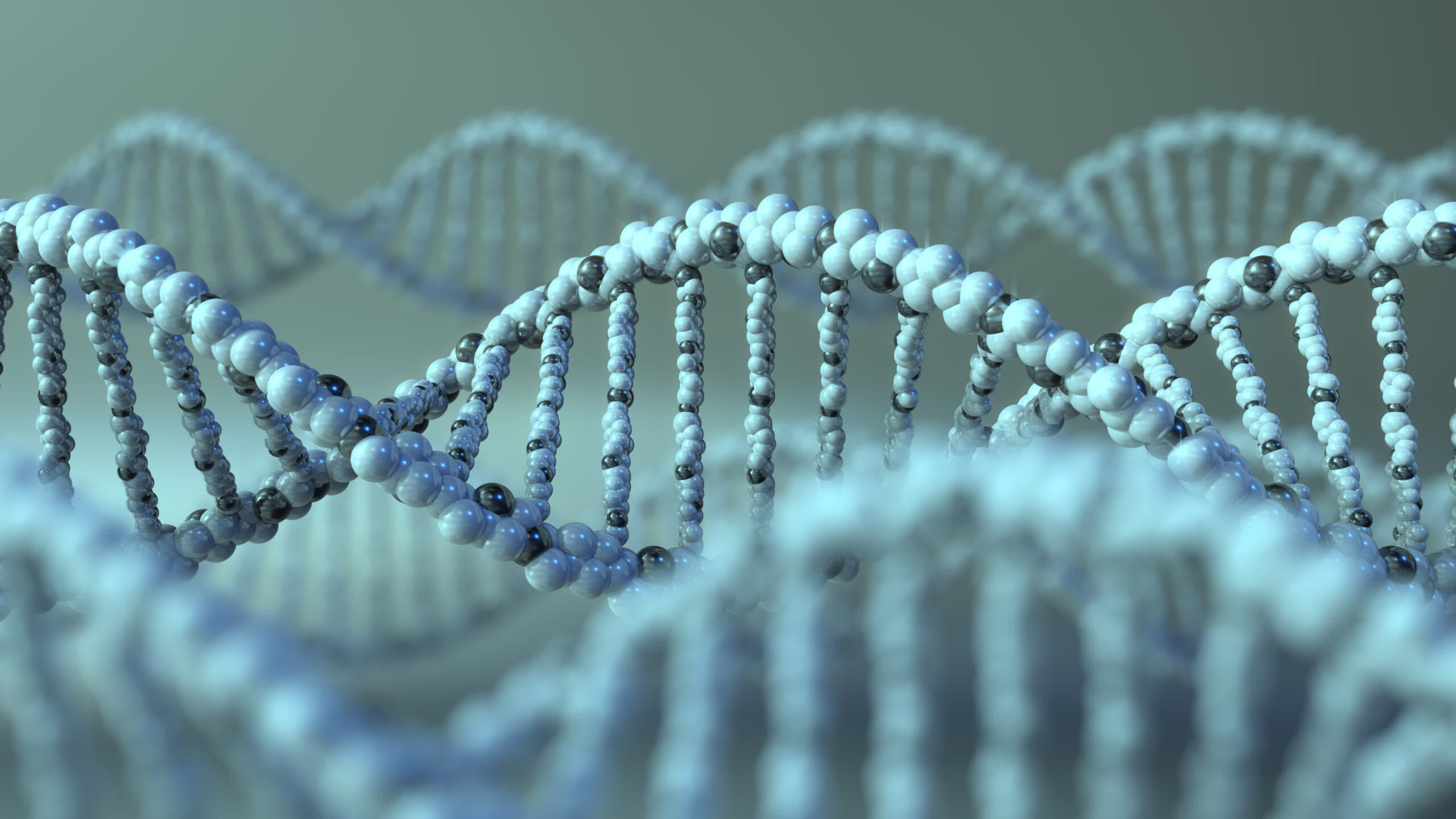

Artificial Intelligence is now an ally when it comes to more precise reproductive medicine

11 June, 2024
Artificial intelligence has burst into almost every area of our lives, including medicine. This often complementary yet powerful tool is successfully solving questions that we as human beings have long been unable to answer. And now, due to its diagnostic and prognostic results, we regard it as an ally that enables  us to achieve more precise medicine.
In the case of assisted reproduction, it has arrived as an add-on. This is what we call complementary techniques whose use may improve infertility treatment even though we do not currently possess all the evidence.
The efficacy of AI depends on the procedure and model used. Currently, artificial intelligence is most widely used for embryo screening and selection in the laboratory. Several different commercially available models have been developed for this purpose, and they are compared with each other on the basis of their performance. With a maximum yield of 1, current models range from 0.6 to 0.8, depending on the type of patient..
Embryo selection as the starting point
Artificial intelligence was first introduced in the IVF laboratory in 2018 for embryo evaluation. About six years ago, the first tools appeared that could automatically record the key milestones of embryo development objectively.
By using AI, we are now able to classify and weigh embryos, prioritising for transfer the ones that will implant first. This has objectively improved success rates in assisted reproduction treatment.
In terms of concordance between artificial intelligence and the embryologist, the level of agreement is approximately 70%. What is even better is our observation that when both agree, the clinical results are better than when an embryo is transferred that does not have the highest score according to artificial intelligence. We must not forget that AI, as I said before, is regarded as a complementary tool. It is an add-on whose role is not to replace human judgement, but to facilitate decision making.
The ranking that AI provides to the lab team is of significant value when making the final decision. We have no doubts about that at present.
Advanced algorithms for minimising reproductive failure
Artificial Intelligence in assisted reproduction has the potential to assist in minimising reproductive failure. By using advanced algorithms and data analysis, AI can improve the selection of embryos with a higher probability of successful implantation. This could lead to better IVF treatment outcomes and ultimately reduce reproductive failure.
Although AI enables us to make great advances, we must remember that we are only at its very beginning. So far, our algorithms are capable of analysing images of embryos using computer vision. However, in the near future, we will be able to combine different embryonic markers obtained from their incubation in vitro. We will also be able to use information related to embryonic metabolism, the characteristics of each patient and the individual situations of each type of treatment..
The synergy among all available sources of information and the data analysis potential of artificial intelligence will undoubtedly enable us to take a giant step forward in the success of in vitro fertilisation treatments.
Related courses

Online
Online Course on Immunology and Hematology
Start: 02/12/2026
Online courses
Course fee:
250 €

Online
Online course: Fundamentals in Reproductive Genetics
Start: 02/12/2026
Online courses
Course fee:
150 €

Online
Assisted Reproduction Fundamentals
Start: 06/11/2026
Online courses
Course fee:
150 €

